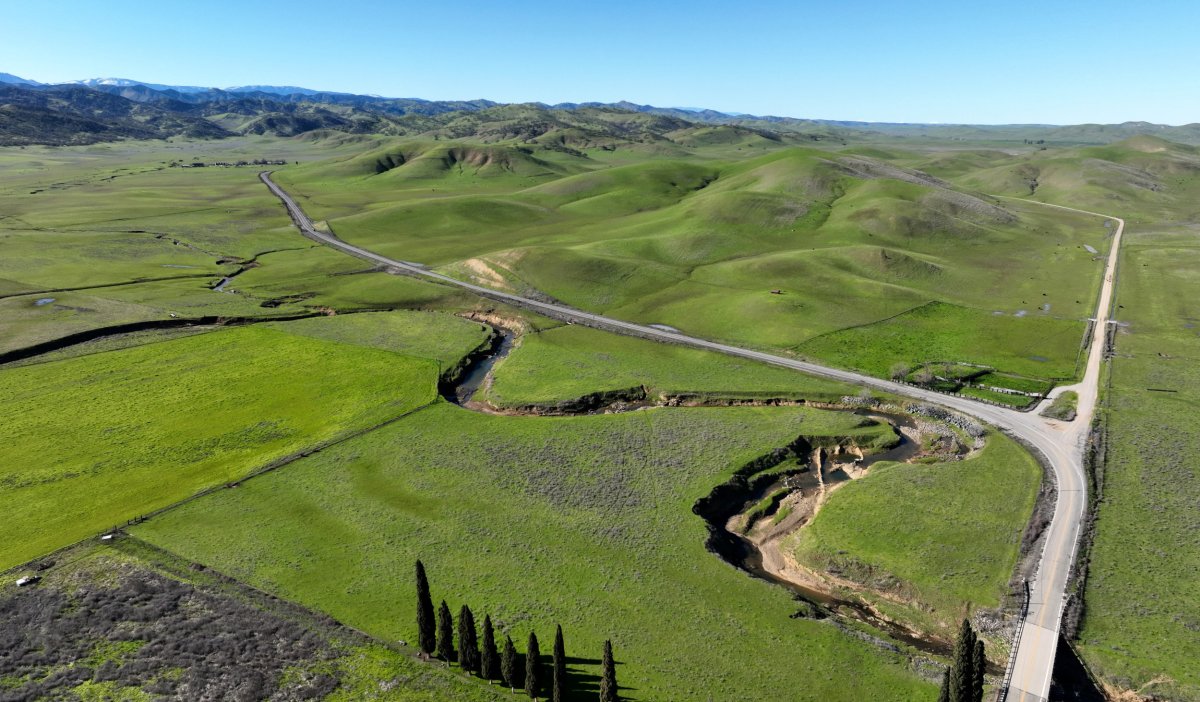A proposed new California bill promises to give some workers easier and speedier compensation for heat-related conditions in the agriculture industry.
California State Senator Dave Cortese introduced Senate Bill 1299 in February, which would establish a workers' compensation presumption for heat illness. The law is undergoing a hearing today to see if it moves forward.
Read more: Compare Top Health Savings Accounts
According to the Centers for Disease Control and Prevention (CDC), heat related injuries caused 1,670 deaths nationwide in 2022, and with rising global temperatures, more agricultural workers continue to be put at risk yearly. While headaches, dizziness and heat stroke are some of the most common consequences of excessive heat exposure in the workforce, it can also lead to chronic health issues or even death.
If approved, the bill would shift the burden of proof in heat illness claims more towards the employer. Employees would find it easier to claim for such injuries that "arose out of and came in the course of employment" if the injuries developed after a worker had been working outside for that employer and they failed to comply with heat illness prevention standards.

The law would only go into effect for agriculture workers and their employers and would be based on the California Division of Occupational Safety and Health heat illness standards.
"With record-breaking temperatures posing a growing threat to the safety of agricultural workers, Senator Dave Cortese introduced Senate Bill (SB) 1299 today to offer swift relief and medical treatment to farm workers and their families affected by heat-related illness and death by ensuring timely compensation and medical treatment in times of need," says a post announcing the news on Cortese's website.
"This move is aimed at protecting our farming workforce by expediting claims and encouraging employers to follow longstanding heat safety regulations."
Under the law, injuries are defined as "any heat-related injury, illness or death that develops or manifests after the employee was working outdoors during or within the pay period in which an employee suffers any heat-related illness, injury, or death."
The current outdoor heat illness standard rules that employers must have a written heat illness plan with provisions of water and access to shade. The guidance also says employers must provide a relevant training course and "acclimatization methods and emergency response procedures." There also must be required rest periods for employees.
Jonathan Rosenfeld, the founder and managing attorney at Rosenfeld Injury Lawyers, said the bill's introduction represents a significant step towards enhancing current worker protections.
"While the presumption of work-relatedness is established, it is rebuttable, meaning employers have the opportunity to present evidence to challenge the presumption," Rosenfeld told Newsweek. "However, in the absence of such evidence, the Workers' Compensation Appeals Board would be required to find in favor of the worker, ensuring a fair and balanced adjudication process."
By holding the employers more accountable for ensuring compliance with safety standards, Rosenfeld said the bill will incentivize proactive measures to actually reduce heat-related incidents from taking place. Still, Rosenfeld does not anticipate the bill avoiding any pushback from employers, though it will likely gain support from labor advocacy groups and policymakers.
"It's positive in that it incentivizes employers to comply with established heat illness prevention standards and simply enforces a consequence for those that choose not to," Dennis Sawan, the director of litigation at Nick Schnyder Law Firm, told Newsweek. "It's also important here to remember that the presumption would be rebuttable, so if the employer has some evidence in its defense, it would still be able to produce it."
Sawan said if the bill makes it through, it could also have major implications on the power dynamics between injured workers and major corporations.
"I think it's also important in this discussion to address the inequities that often exist between injured individuals, who often have little financial wherewithal to pursue their claim, and massive corporations with near infinite resources to fight claims," Sawan said. "Presumptions and burden shifting provisions like this can greatly help to level the playing field."
Uncommon Knowledge
Newsweek is committed to challenging conventional wisdom and finding connections in the search for common ground.
Newsweek is committed to challenging conventional wisdom and finding connections in the search for common ground.
About the writer
Suzanne Blake is a Newsweek reporter based in New York. Her focus is reporting on consumer and social trends, spanning ... Read more
To read how Newsweek uses AI as a newsroom tool, Click here.








